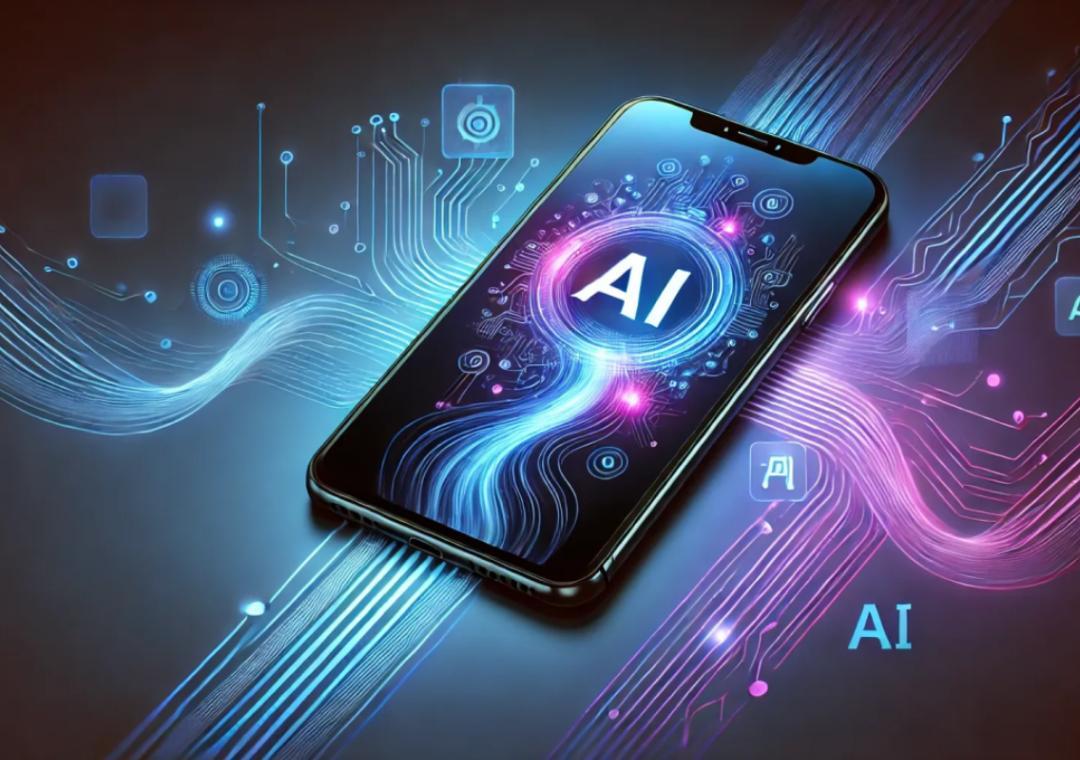
Agentic AI Shifts Apps from Passive Tools to Proactive Helpers
The conventional app experience is a familiar one: users select options, confirm choices, and repeat the process. This passive approach has been the norm for decades, with apps functioning like vending machines – dispensing information and services only when explicitly requested. However, the rise of Agentic AI is disrupting this paradigm, embedding intelligence into the core of the experience. As a result, apps are no longer mere passive tools, but proactive helpers that understand evolving user preferences, handle dynamic requests, and take initiative.
The concept of Agentic AI is rooted in the idea of autonomy, with apps capable of making decisions and taking actions without explicit user input. This shift in app behavior is transformative, as it enables a more seamless and personalized experience. Gone are the days of tedious menu navigation and repeated requests; instead, apps are now empowered to anticipate user needs and respond accordingly.
One of the primary benefits of Agentic AI is its ability to adapt to evolving user preferences. Traditional apps relied on static settings and one-size-fits-all solutions, whereas Agentic AI-powered apps can learn and adjust to individual user behaviors and preferences over time. This means that users receive a more tailored experience, with the app anticipating their needs and preferences without requiring explicit input.
For instance, consider a music streaming app that uses Agentic AI to curate personalized playlists. Rather than relying on static genres or algorithms, the app can analyze user listening habits and preferences to create dynamic playlists that evolve over time. This not only enhances the user experience but also increases the likelihood of discovering new music and artists.
Agentic AI also enables apps to handle dynamic requests and initiate actions without user input. This is particularly evident in the realm of scheduling and booking, where Agentic AI-powered apps can reschedule meetings or book travel arrangements on behalf of the user. This eliminates the need for users to manually input details and confirm appointments, streamlining the process and reducing the likelihood of errors.
Another significant advantage of Agentic AI is its ability to augment human capabilities. Rather than simply automating tasks, Agentic AI-powered apps can work in tandem with users to provide a more comprehensive and efficient experience. For example, a productivity app might use Agentic AI to predict the user’s workload and schedule, automatically sending reminders and notifications to ensure tasks are completed on time.
The potential applications of Agentic AI are vast and varied, spanning industries such as healthcare, finance, and education. In healthcare, Agentic AI-powered apps can analyze patient data and provide personalized recommendations for treatment and care. In finance, Agentic AI-powered apps can analyze market trends and make informed investment decisions on behalf of users.
As Agentic AI continues to evolve and mature, it is likely to have a profound impact on the way we interact with apps and technology as a whole. By embedding intelligence into the core of the experience, apps are no longer passive tools, but proactive helpers that understand and respond to user needs. This shift in app behavior has the potential to revolutionize the way we live, work, and interact with technology, and it is an exciting time to be a part of this transformative journey.
Source:
https://www.growthjockey.com/blogs/agentic-ai-in-app






